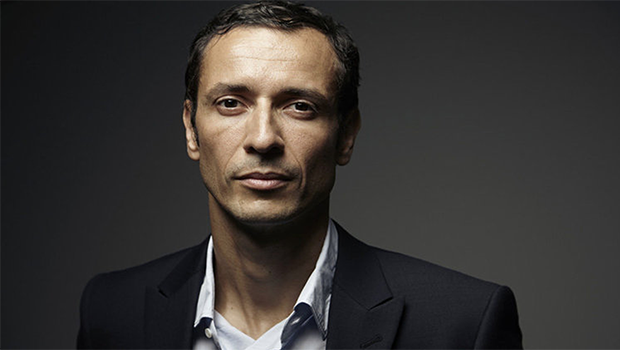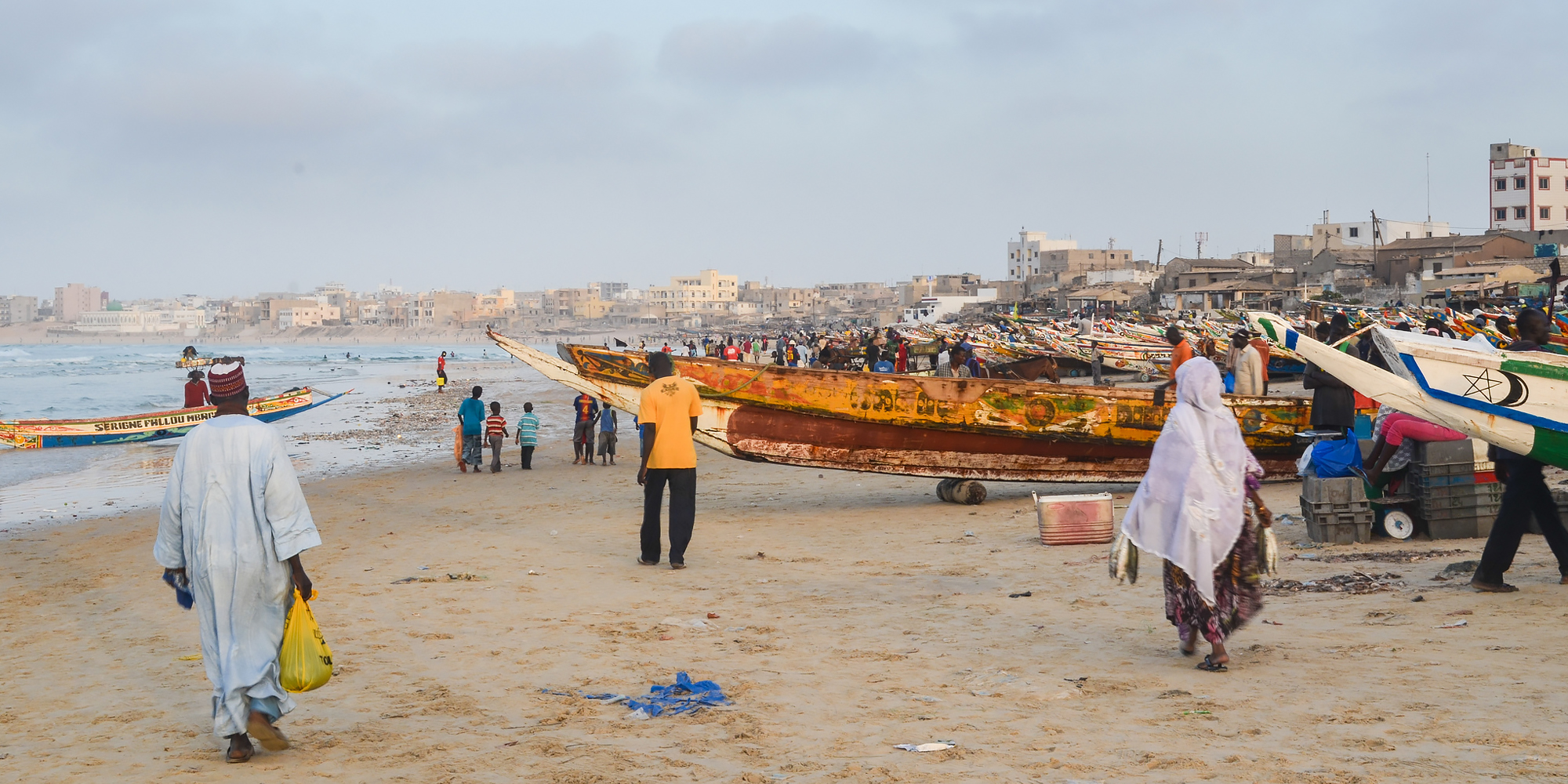Switzerland’s federal government appears poised to crack down on money laundering in the wake of banking scandals and investigations linked to FIFA chiefs and Vladimir Putin’s favorite cellist among others.
After the International Consortium of Investigative Journalists 2016 Panama Papers investigation, the inter-governmental Financial Action Task Force (FATF) called on the Swiss, known for bank secrecy, to do more to thwart financial crime.
On June 1, the federal government proposed three key changes to the Anti-Money Laundering Act, including stricter fiduciary obligations for those involved in creating, managing or maintaining companies and trusts; disclosure of beneficial ownership; and establishment of a commercial register.
Under the proposed changes to be weighed for four months before being deliberated upon by Parliament, lawyers and others would be required to do due diligence to ascertain whether clients represent a risk for bribery or other wrongdoing, something that hasn’t previously been required.
“The main point is that the government has now sided with FATF and journalists in saying this loophole has to be closed,” said ICIJ member Oliver Zihlman, who writes for SonntagsZeitung and Le Matin Dimanche.
ICIJ and its media partners, including Zihlman, exposed records listing Sergei Roldugin, a classical cellist and long-time friend of Russian President Vladimir Putin, as the owner of offshore companies that have obtained payments from other companies worth tens of millions of dollars.
It also found bank accounts linked to major figures in FIFA, the international governing body of soccer.
Next major impact of @ICIJorg in Switzerland. The government presents a law against Lawyers, who offer Offshore-Company’s to dodgy clients like Putins Friends. The Reason for this move: the #PanamaPapers https://t.co/WvVZ1E1r71 pic.twitter.com/J1XOMkYkp4
— Oliver Zihlmann (@oliver_zihlmann) June 2, 2018
ICIJ and its media partners found that FIFA’s ethics head Juan Pedro Damiani and his law firm had done work for offshore companies linked to Eugenio Figueredo, a former FIFA vice president who has been charged by U.S. authorities with wire fraud and money laundering, as well as to Hugo and Mariano Jinkis, a father-son team of businessmen accused of offering bribes to gain broadcast rights to FIFA events in Latin America.
Zihlman had testified before the European Parliament that “90 percent of Swiss lawyers” used the loophole that they were not required to do due diligence when incorporating companies with the now-closed Panamanian law Mossack Fonseca, whose files provided basis for the Panama Papers investigation.
The changes proposed by the Swiss government also include requiring those involved in setting up companies to verify who actually owns them and to regularly check that client information is up to date. Still another proposal is to require associations, especially those “mainly involved in collecting or distributing assets abroad” to be listed in the commercial registry.

In another development resulting from an ICIJ investigation Swiss prosecutors have raided four offices linked to the Swiss-Angolan businessman at the heart of Paradise Papers revelations about the secretive financial management of Angola’s multi-billion-dollar sovereign wealth fund.
Federal prosecutors searched two offices in late May while Swiss tax officials separately visited two more, including the family office of Jean-Claude Bastos, according to ICIJ reporting partner Tager Anzeiger.
Bastos, who is well-connected to Angola’s former leaders, founded Swiss management company Quantum Global, which received a lucrative management contract with Angola’s sovereign wealth fund. Launched in 2012, the $5 billion fund paid $63.2 million in management fees to his company in 2015.
ICIJ confirmed the raids through Switzerland’s office of the attorney general.
Switzerland’s attorney-general told ICIJ that it had “opened criminal proceedings in April 2018 in response to reports of money laundering” against unnamed “persons” connected to the National Bank of Angola and the Angolan sovereign wealth fund.
Bastos and Quantum Global declined to comment to ICIJ on the recent developments. Both have previously denied wrongdoing and said that all payments were accounted for and in line with industry standards.
Bastos is a friend of the former head of Angola’s sovereign wealth fund, José Filomeno dos Santos. Santos, the son of former president Jose Eduardo dos Santos, was sacked by Angola’s new president in January and is facing fraud charges relating to a $500 million transaction from the central bank.
In April, authorities in Mauritius froze 91 bank accounts linked to Bastos and Quantum Global.
In an affidavit seen by ICIJ, Mauritius’s financial investigation unit requested the Supreme Court freeze the accounts due to “a serious risk of dissipation, or unlawful transfer of moneys” belonging to the Angolan people.
There were reasonable grounds to believe that “the acts and doings of Mr Jean-Claude Bastos …[are] tantamount to offences of corruption, embezzlement and money laundering,” the affidavit stated.
Bastos and Quantum Global are appealing the decision.






